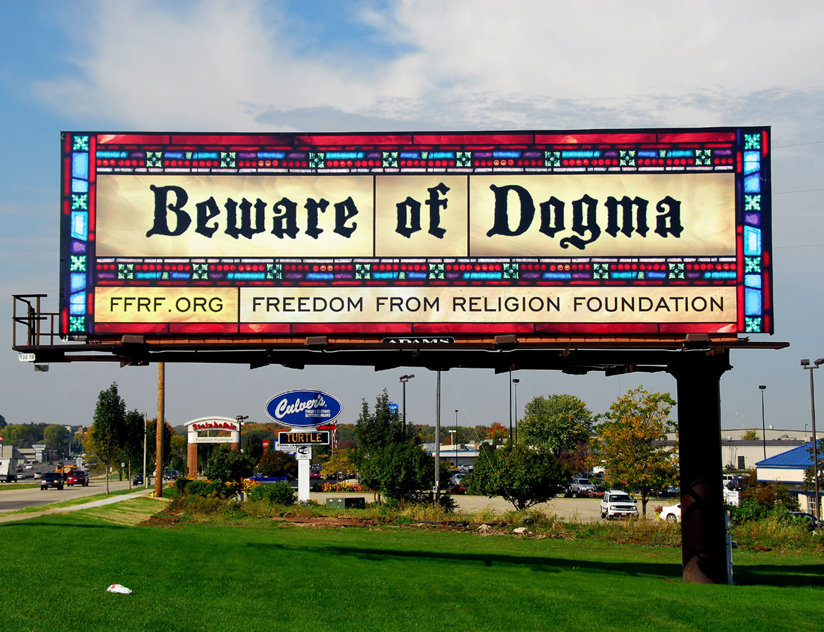
-
HOME
-
WHAT IS STANDOur Mission Our Values Our Help Contact
-
WHAT WE FIGHT FORReligious Freedom Religious Literacy Equality & Human Rights Inclusion & Respect Free Speech Responsible Journalism Corporate Accountability
-
RESOURCESExpert Studies Landmark Decisions White Papers FAQs David Miscavige Religious Freedom Resource Center Freedom of Religion & Human Rights Topic Index Priest-Penitent Privilege Islamophobia
-
HATE MONITORBiased Media Propagandists Hatemongers False Experts Hate Monitor Blog
-
NEWSROOMNews Media Watch Videos Blog
-
TAKE ACTIONCombat Hate & Discrimination Champion Freedom of Religion Demand Accountability
Hate, Inc.: The Marketing of Bigotry for Profit
Bricks through windows, swastikas scrawled on synagogues, charred African-American churches, knocked-over tombstones in Jewish cemeteries, beaten and slaughtered minorities—these are all the debris of hate crimes, the products of bigotry, and are repulsive to any decent person.
But there are many instances of the “practical” uses to which bigotry can “legally” and “effectively” be applied, without resorting to all the messiness of a hate crime.

In South Carolina, for example, Miracle Hill Ministries, a Christian foster care agency which describes itself as “non-denominational,” is seeking to deny Jewish, Muslim, agnostic or atheist parents the right to take in kids, in violation of federal non-discrimination laws. It’s seeking a waiver from the U.S. Department of Health and Human Services to that end.
A Jewish mom with over a decade of experience as a licensed foster parent, commented—on being denied by Miracle Hill Ministries permission to even educate and mentor, much less take in a child—that in South Carolina there’s only the government Department of Social Services or Miracle Hill, and nowhere else for a child to go.
Will any of the people involved in these or other cases of Practical Bigotry ever be tried for their crimes and incarcerated? Absolutely not.
In North Dakota, court-approved legislation denies routine civil rights privileges to individuals without street addresses, thereby effectively disenfranchising tens of thousands of Native American reservation dwellers who use P.O. boxes. Coincidence? Deliberate?
Then we have the Freedom From Religion Foundation (FFRF). That’s a fine-sounding name, incorporating two words adored by all red-blooded Americans: Freedom and Foundation.
In truth, however, it’s simply another case of Practical Bigotry. The FFRF was founded in 1976 purportedly to enforce the constitutional separation of Church and State, while actually using the courts and the media to stamp out religion itself. With assets in the millions, the Freedom From Religion Foundation has filed dozens of lawsuits to remove any and all trappings of religion in public places—from nativity scenes to World War II memorials on crosses to displays of the Ten Commandments. Court filings have also attempted (and sometimes succeeded) to strip funding from faith-based drug and prison programs in several states, scholarship and aid to faith-based colleges and even a (failed) attempt to abolish the White House Office of Faith-Based and Community Initiatives.

Annually the FFRF, itself a nonprofit group, grants its The Emperor Has No Clothes award to the public figure it deems has done the most to advance and publicize the shortcomings of religion itself. It also rewards money and guidance to clerics of all faiths who choose the route of apostasy.
While calling themselves “nontheistic” (belief in no god or gods), the FFRF are, in truth, theophobic (fear of and prejudice against religion).
Will any of the people involved in these or other cases of Practical Bigotry ever be tried for their crimes and incarcerated? Absolutely not. There’s no blood on their sleeves, no spray paint on their hands, no arsenal of explosives in their basements. Even though the effects of Practical Bigotry are far more sweeping and lasting than an overturned tombstone or a defaced wall, its instigators lead comfortable lives, often as pillars of their respective communities, respected, honored, emulated.
Practical Bigotry can be trotted out, neatened up with lovely adjectives, groomed, combed, telegenicized, even granted a noble moniker with the sonorous words “Liberty,” “Freedom,” “People” and others. But when you look under the hood and kick the tires, it’s just the same old-time bigotry gussied up and made useful for its own kind.
Every generation has its own style of hate. Why stand out in a white robe when you can fit in better in a business suit? Why scream when you can litigate? Why shiver in the cold standing outside the building when you can have a nice profitable nonprofit inside? Just because you’re causing other people to suffer is no reason for you to be uncomfortable.
Practical Bigotry: It’s here. It’s legal. It’s foolproof.
Or is it?
I know about it. Now you know about it, too.
Pass it on.









